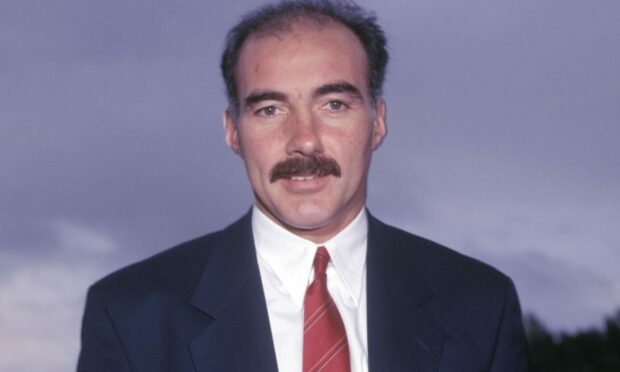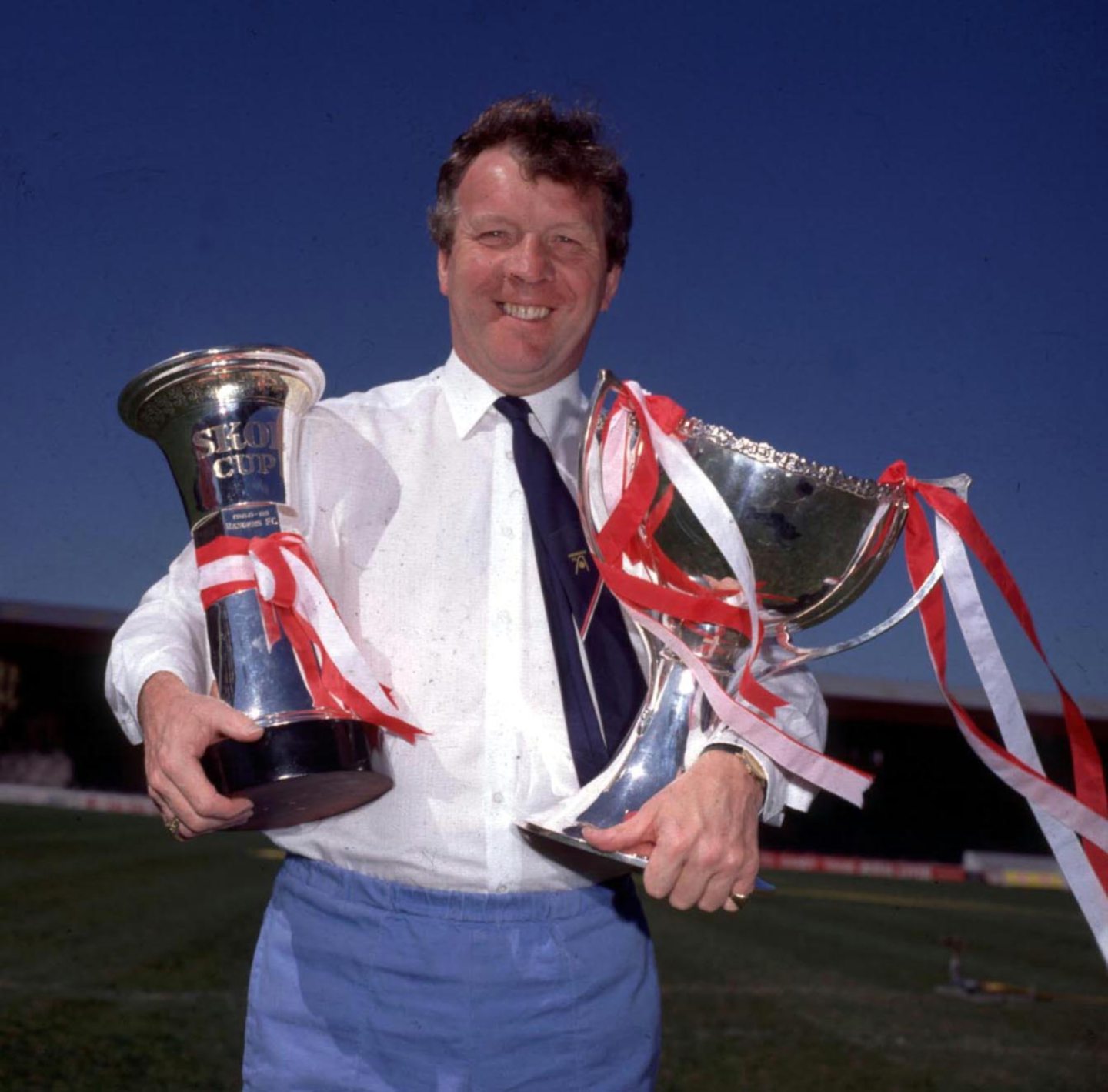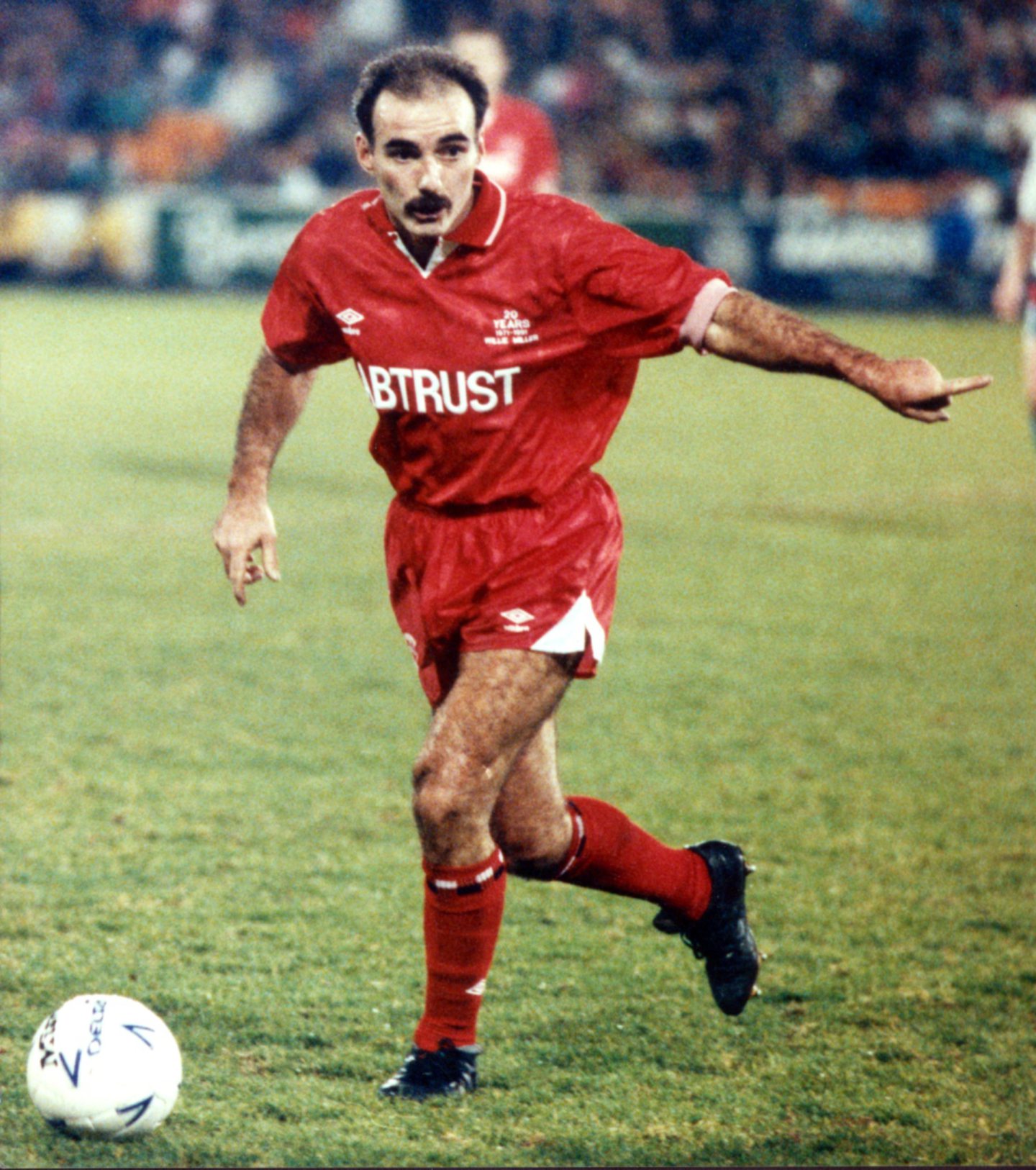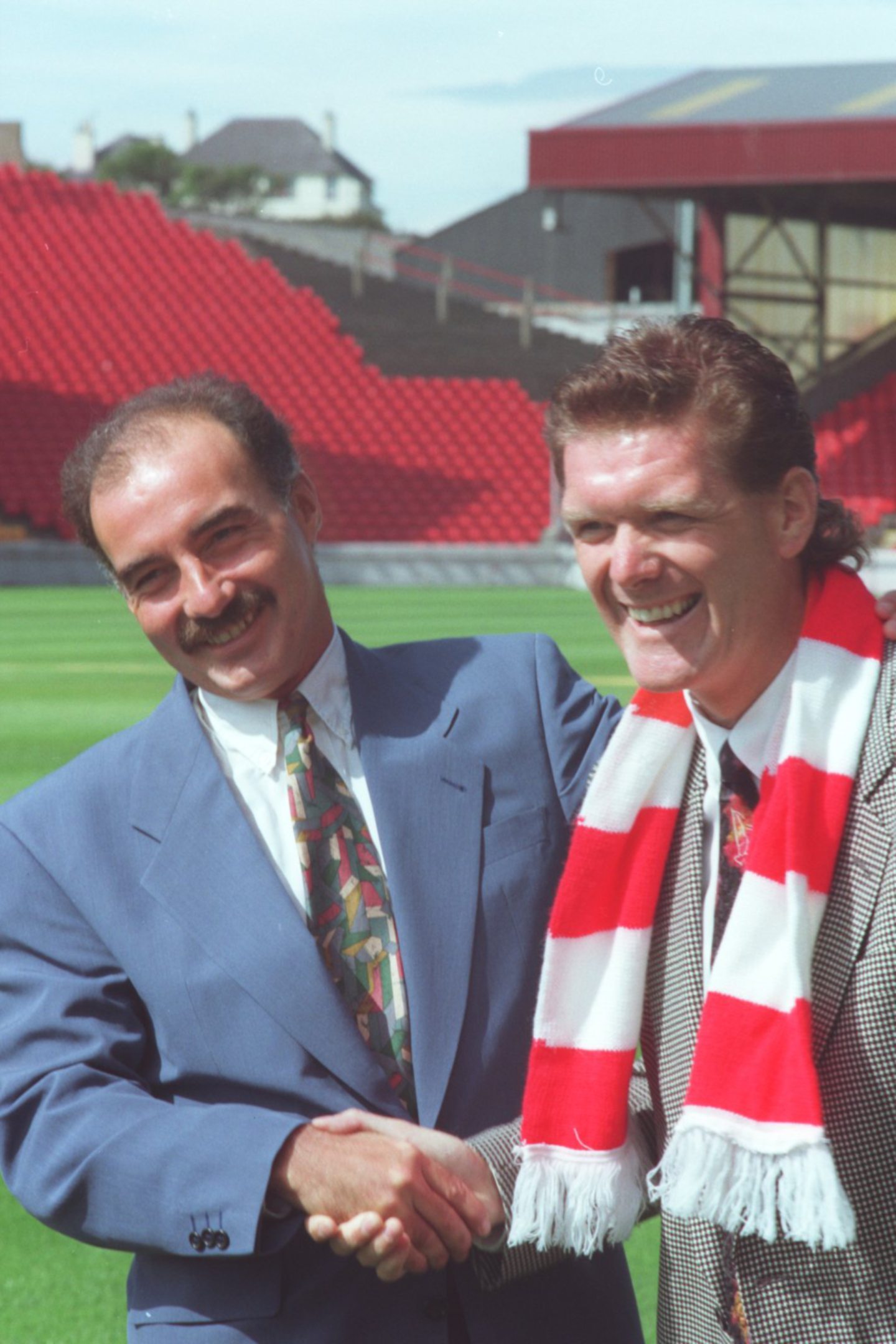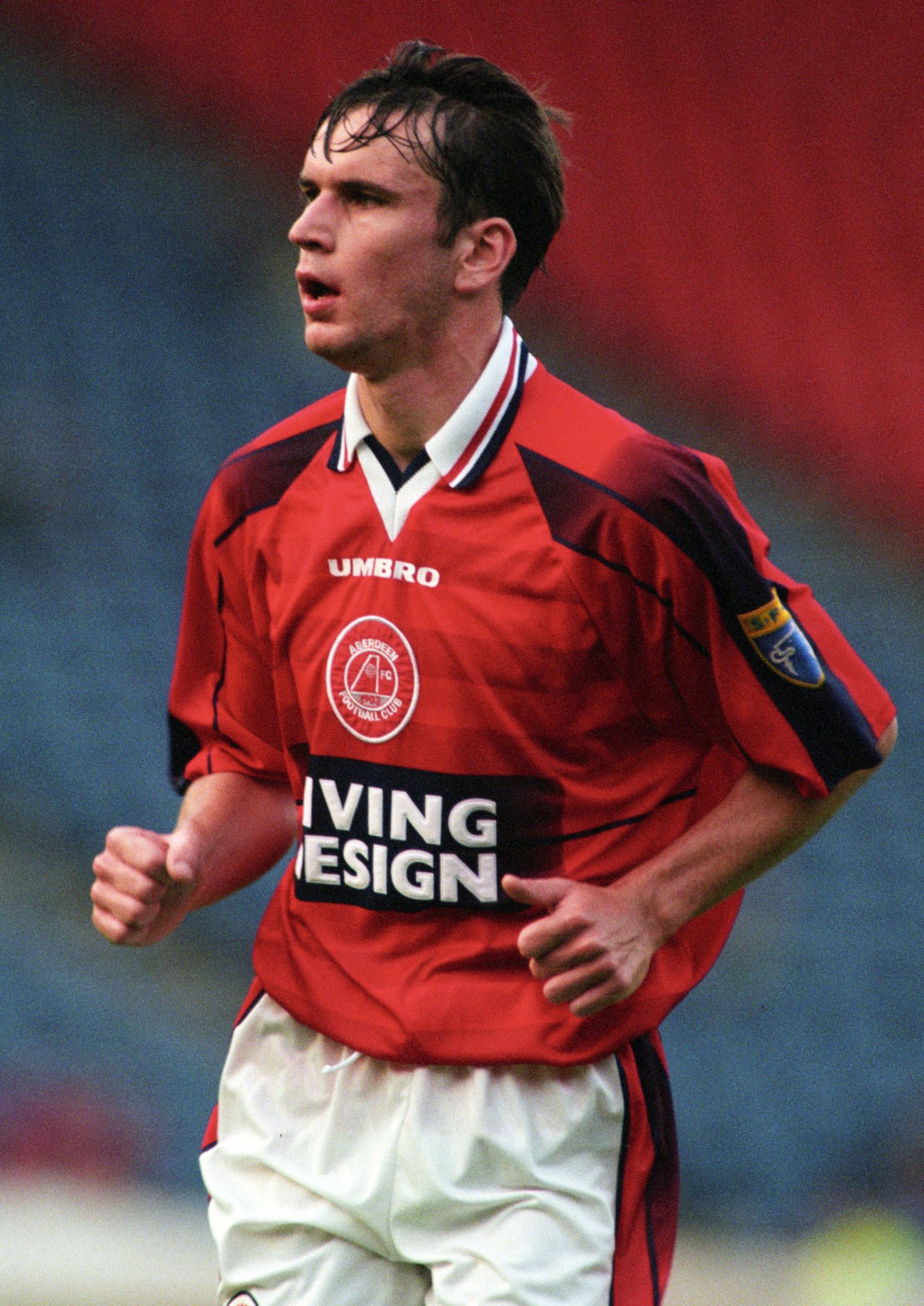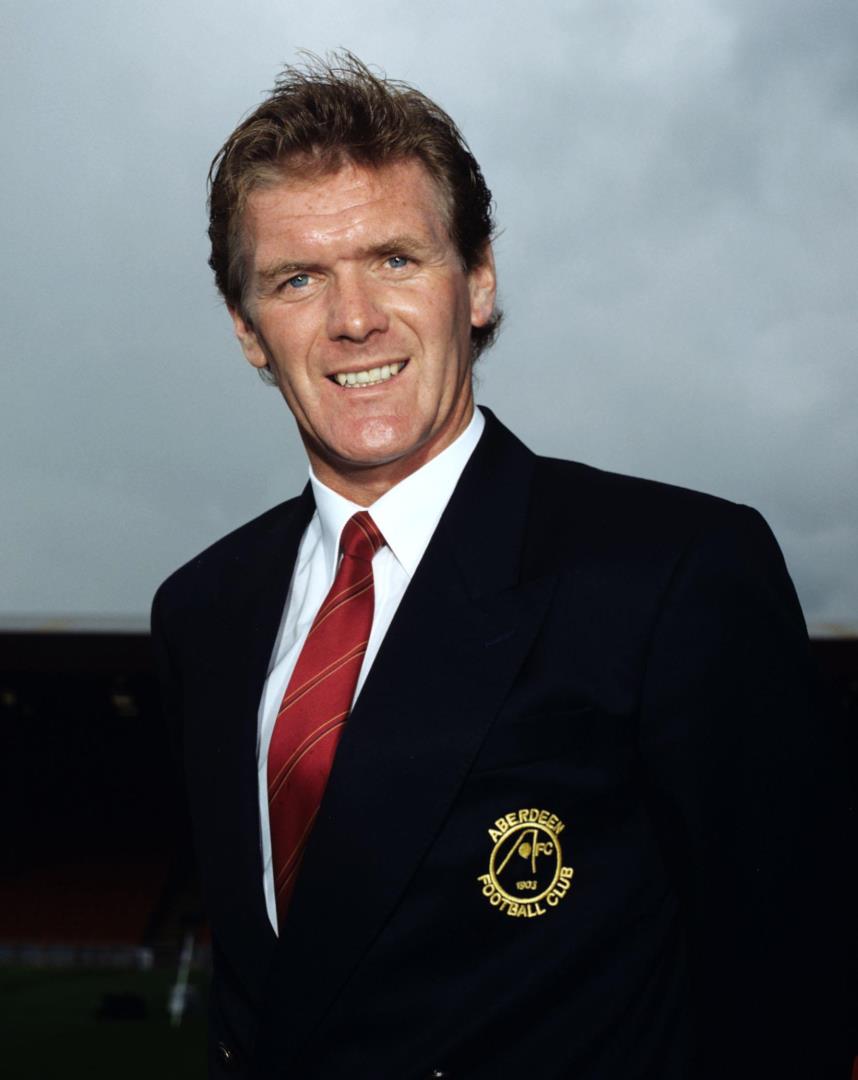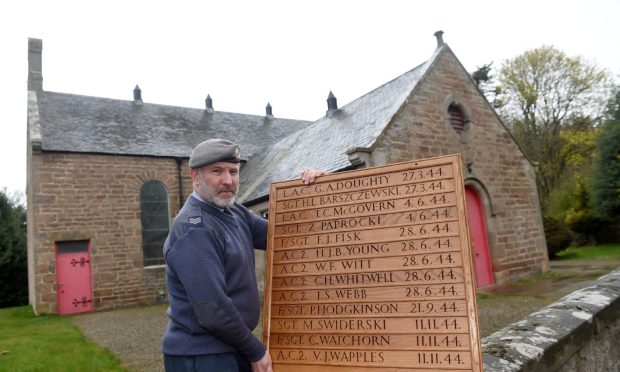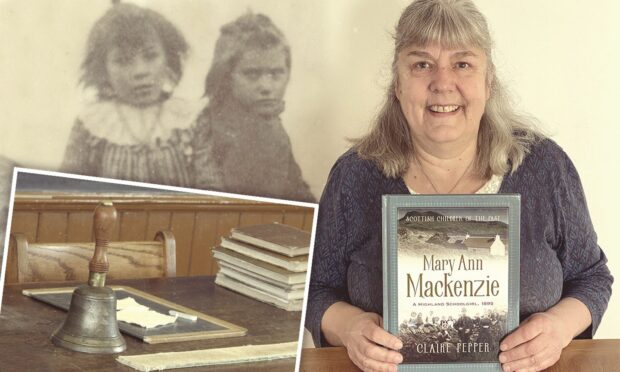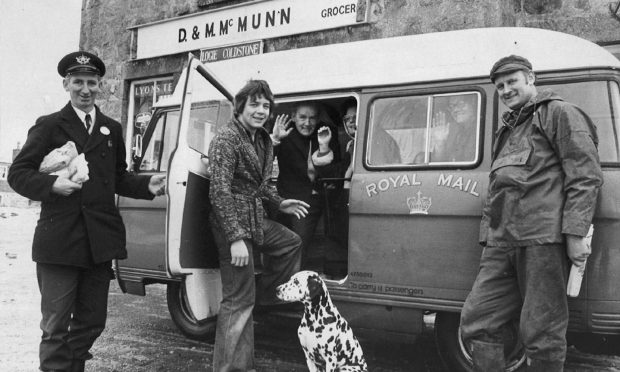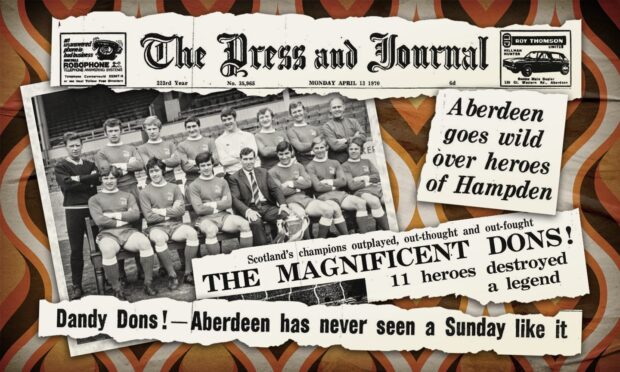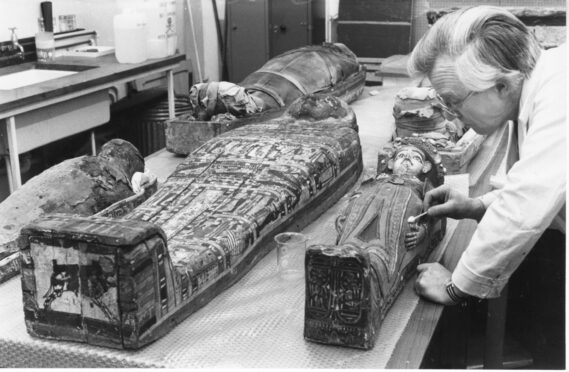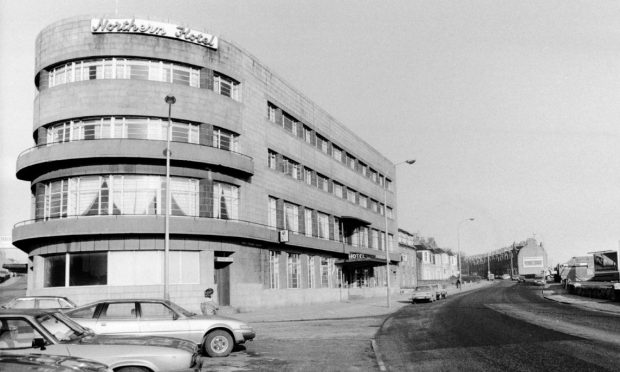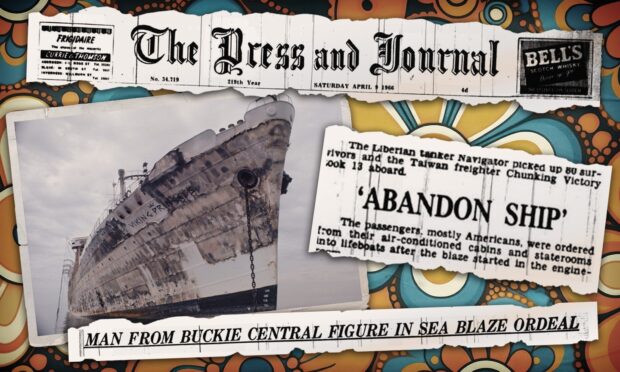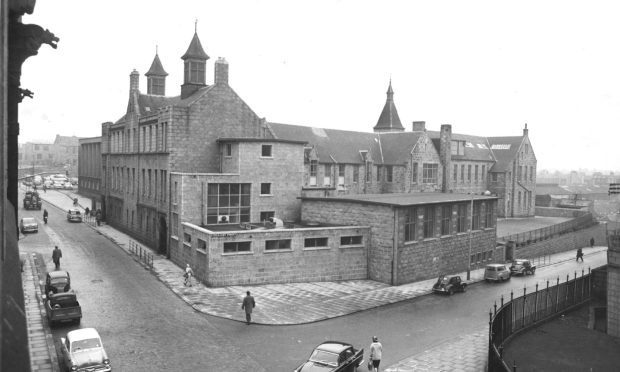Footballers can often be hailed as a messiah on the pitch, but derided as a mess when they step into the dug-out.
And, even as Aberdeen FC begin the search for a replacement for Stephen Glass, who was sacked after just 11 months of disappointing results for the Dons, his fate offers a reminder of how previous achievements and accolades count for little once somebody has swapped roles from playing to managing.
Willie Miller was hailed as the man who would bring back the glory years of domestic domination and European heroics when he succeeded Alex Smith 30 years this month and many supporters had been clamouring for the captain of the Gothenburg Greats to take over for months before it happened.
He was beloved by Pittodrie aficionados, an iconic figure for both his club and country, one of the most coruscating individuals ever to boss, bully, bewitch and bewilder opponents (and referees) in front of the Beach End and at a multitude of different stadiums throughout his illustrious career.
But did that kudos matter when he was picking the team, devising tactics and entering the transfer market? Let’s just describe it as another cautionary tale.
Miller and his colleagues had soared to unprecedented heights during Alex Ferguson’s tenure when a richly talented squad greedily, ruthlessly collected more league titles and Scottish and European trophies between 1979 and 1986 than Aberdeen have attained in the other 112 years of their history.
Yet they were no longer in the stratosphere by the early 1990s as the likes of Alex Smith and Jocky Scott did their best to follow in a giant’s footsteps.
The writing was on the wall for Smith from the day he appointed Miller as his coach and fans chanted Willie’s name even as they booed their team.
Smith recalled: “The trouble began at Pittodrie in September when we played BK Copenhagen in the UEFA Cup and the night didn’t go well (they lost 1-0).
“I had appointed Willie Miller as coach and had the idea that I would manage for a few years until he was ready for the job.
“But Willie was in the dug-out that night when Copenhagen scored with just four minutes to go and, suddenly, I heard a single voice in the stand shouting: ‘There’s only one Willie Miller’. And then, soon enough, others followed and the crowd took up another chant. It became: ‘Smith must go.”
With the Dons also losing 2-0 in the second leg, it became a familiar refrain.
Smith later told Aberdeen’s official biographer, Jack Webster, that he had intended bringing Alex McLeish into the management team and reviving the famous Miller-McLeish partnership, which might have proved a masterstroke.
However, he was not granted time to orchestrate such as audacious move and Webster wrote: “Fan power was on the rampage and the noise was deafening. By the end of the year, allowing nothing for a mounting injury list, the chants were augmented by placards, spelling out the message.
“The Pittodrie board more or less bowed to the pressure, glad to get the fans off their back, and appointed the most important player in the entire history of the club. Willie Miller at just 36 took residency of the hot seat in February.”
Miller was a sharp cookie, a take-no-prisoners figure in his approach to the job and the responsibility which had been heaped on his shoulders. He expressed regrets at Smith’s treatment, but said bluntly: “I thought Alex’s sacking was an injustice, but football can be an unjust business.”
His priority lay in resuscitating the fortunes of a club which had become mired in mediocrity and, initially, the signs were auspicious.
The Dons gained a quick fix
Predictably, as a masterful defender, he battened down the hatches, steadied the ship, and his men gained a 0-0 draw on his managerial debut at Ibrox.
And while he couldn’t implement an overnight transformation, he gradually improved Aberdeen’s defensive displays and orchestrated a revival, with the Dons picking up four wins and five draws in their last dozen matches.
However, the 2-0 defeat to champions Rangers on the last day of the season (for the second season in a row) meant that, for the first time in 15 years, Pittodrie would be denied the prospect of European action.
The pressure was on him, but for the next 18 months, it appeared as if this redoubtable character might be capable of rising to the challenge.
However, try as he and his players might, they simply couldn’t transcend the sustained stranglehold which Rangers had imposed on the Scottish circuit.
Nowadays, finishing second is regarded as a coup de grace by any non-Old Firm club, but Miller, a proud passionate personality, who had grown accustomed to crushing his Ibrox rivals, repeatedly found himself battering his head against a belligerent blue wall – and emerging with a migraine.
He brought in two significant signings – Roy Aitken from Celtic and Duncan Shearer from Blackburn Rovers – and Miller now had access to a strike force which must seem like unparalleled riches to the current Dons line-up, with Shearer, Mixu Paatelainen, Scott Booth and Eoin Jess in the ranks.
With these prolific players at their disposal, it wasn’t a surprise when Aberdeen racked up seven goals against Airdrie and Partick Thistle and a hapless Hearts were also hit for six.
But although Miller’s personnel pushed Rangers all season and amassed a record points haul as runners-up, there was no tangible reward either in the league or in the Scottish Cup, where Walter Smith’s side triumphed 2-1 in a typically hard-fought final at Hampden.
They had hit the Glass ceiling
As the AFC Heritage Trust said: “It was hard to take for Miller who had been so used to putting the Ibrox side to the sword during his playing days. The following season brought about another near miss, when once again, they were runners-up to Rangers in the league.
“It was unacceptable for Miller who simply could not accept second best.”
Yet, if he was irritated at these ‘failures’, that was the least of the worries when the 1994-95 campaign commenced: a tumultuous period which featured the arrival of a young teenager called Stephen Glass in the Aberdeen First XI.
There was no glossing over what was one of the most traumatic slumps in the Dons’ history. They never recovered from being dumped out of Europe in the preliminary round of the UEFA Cup on away goals by Latvian side Skonto Riga: a club who weren’t even a household name in their own country.
But it was no fluke result or embarrassing one-off. In what was the first season that three points were awarded for a victory, Aberdeen struggled for long periods and were languishing in the depths of the championship.
The Press and Journal covered the mounting debacle with a sense of near incredulity. What on earth had gone wrong? What had happened to Miller’s magic? But, by the New Year in 1995, the spectre of relegation beckoned for the first time in the club’s history. Dire defeats were followed by much ado about nothing-nothing. By February, they were bottom of the table.
And, suddenly, all the honours, golden moments and crowning achievements he had enjoyed as a player didn’t matter a damn. Miller’s time was over.
Yet that didn’t dampen the shock which reverberated around Aberdeen when club chairman Ian Donald confirmed Miller’s sacking in February.
Under the headline “No Regrets” in the Evening Express, he admitted it had been “one of the worst decisions of his life”, but insisted the axe had to fall.
He added: “I was a great fan of Willie Miller for 24 years and dearly wanted him to become the greatest manager this club has ever seen.
“It was terrible to have to be the one to tell the world Aberdeen had decided to sack a man who has done so much for this club. But it was a joint decision made by all the directors after a lot of hard thinking.”
It was a sad conclusion to the career of one of the biggest and most imperious figures in Scottish football, but Rangers did the same to John Greig and, as with Miller, their reputation at their clubs is indelible.
As Alex McLeish wrote in the P&J: “Willie’s last day as manager of Aberdeen said so much about why he became a Dons legend.
“Head held high, Willie met the waiting press straight on, spoke his mind about his sacking and left Pittodrie with dignity through the front door.
“He didn’t try to shirk any issue, but took it on the chin”.
And 27 years later, Aberdeen are still waiting for another title or Scottish Cup.
